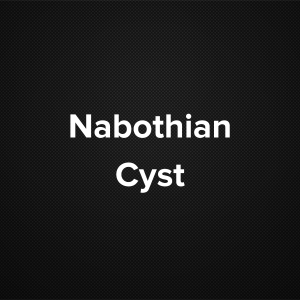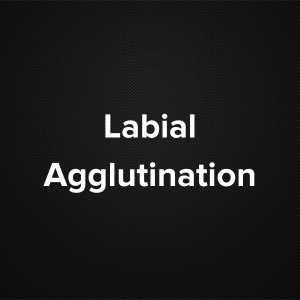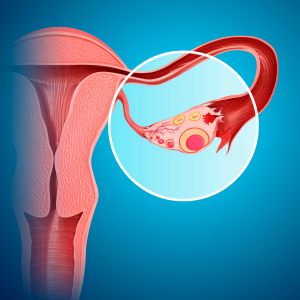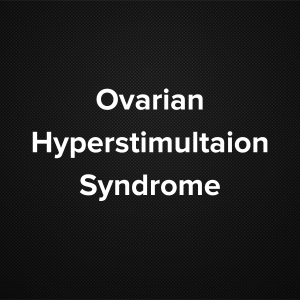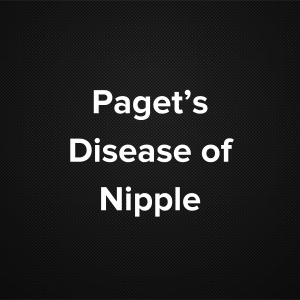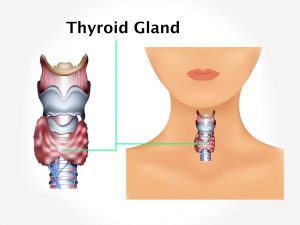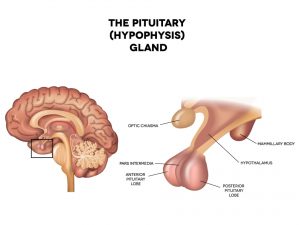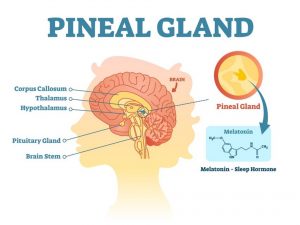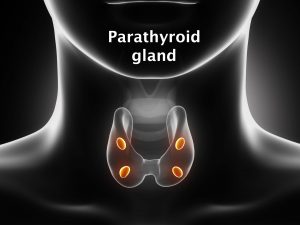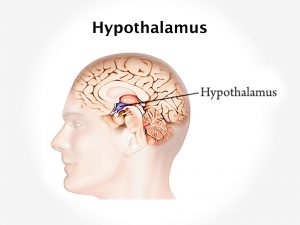Causes and risk factors
The exact cause and modus operand of post partum thyroiditis is not known. It is said to be an autoimmune disorder where development of anti thyroid antibodies take place. It has been put forth that a women developing this thyroditis actually posse’s thyroiditis since earlier, this dormant one then becomes active due to changes in the hormones and immune system after child birth. A woman with a past history of some thyroid dysfunction, or one suffering from some other autoimmune disorder is more prone for developing this type of thyroiditis. It is also seen hereditary in some cases.
Clinical presentation:
Symptoms develop gradually. Excessive production of thyroid hormone due to inflammation of the thyroid gland leads to variety of symptoms. The symptoms can be seen 1-4 months after childbirth. Initially the patient suffers from hyperthyroidism, over time a state of hypothyroidism occurs. However not every women show with this change. Some may suffer only from hyperthyroidism while other both. It increases the metabolism thus leading to a hypermetobolic state. The patient commonly complaint of weight loss inspite of good appetite. Increase perspiration occurs. Weakness, palpitation, tremors altered bowel movement and fatigue are the other common symptoms seen. The skin becomes dry and hair and nails become brittle. Loss of libido is complained by the patient. Affection at the level of mind is also seen. Depression, mood swings and irritability occurs, the memory is also affected.
Investigations:
Diagnosis is done on the basis of symptoms narrated by the patient and the examination carried out by the doctor. Certain investigations like routine blood test, thyroid function test, and thyroid auto antibody test are diagnosed. Ultrasound scanning of the thyroid gland is suggested.
Treatment:
The treatment plan depends upon the phase from which the women are going through. Medications as per hyperthyroidism or hypothyroidism are administered.
The medications are continued for a short duration and then discontinued; in cases of post partum thyroiditis continued treatment is not required as the patient will regain the normal functioning of the thyroid gland.
Other modes of symptoms:
The other modes of treatment can also be effective in treating hyperthyroidism. Homoeopathy is a science which deals with individualization and considers a person in a holistic way. This science can be helpful in combating the symptoms. The Ayurvedic system of medicine which uses herbs and synthetic derivates can also be beneficial in combating the complaints.
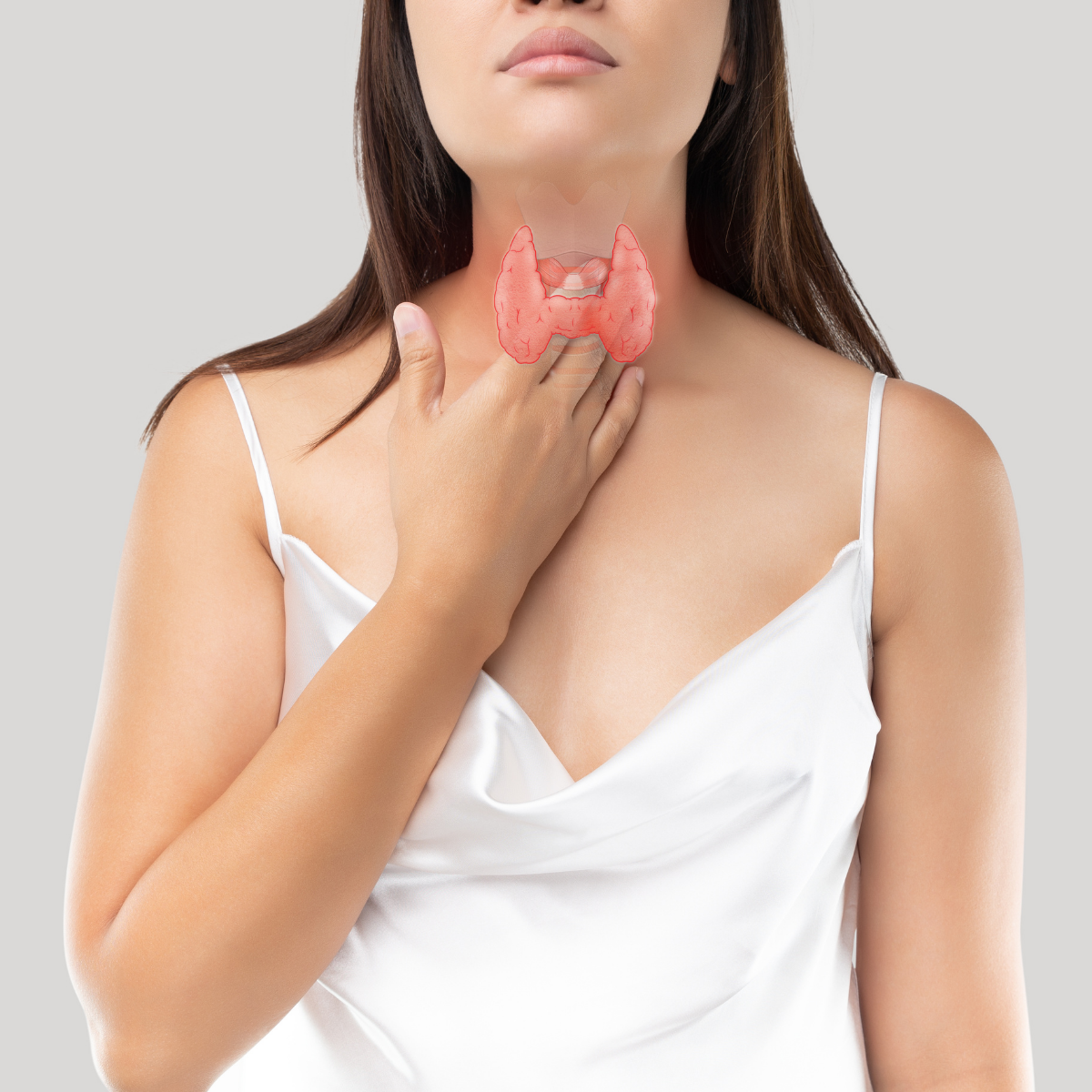
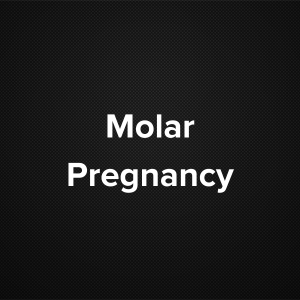
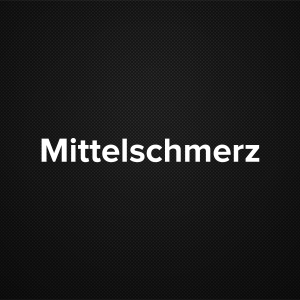
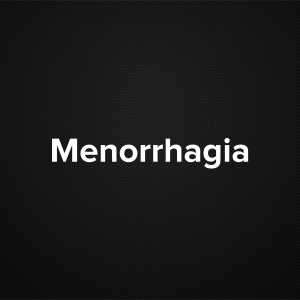
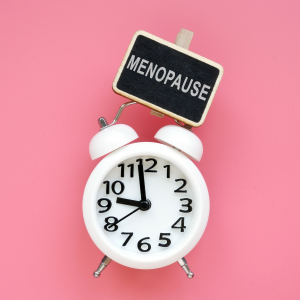
![Lobular Carcinoma In Situ [LCIS]](https://moho.loopshell.com/read/wp-content/uploads/2022/01/Lobular-Carcinoma-In-Situ-Lcis-300x300.png)
